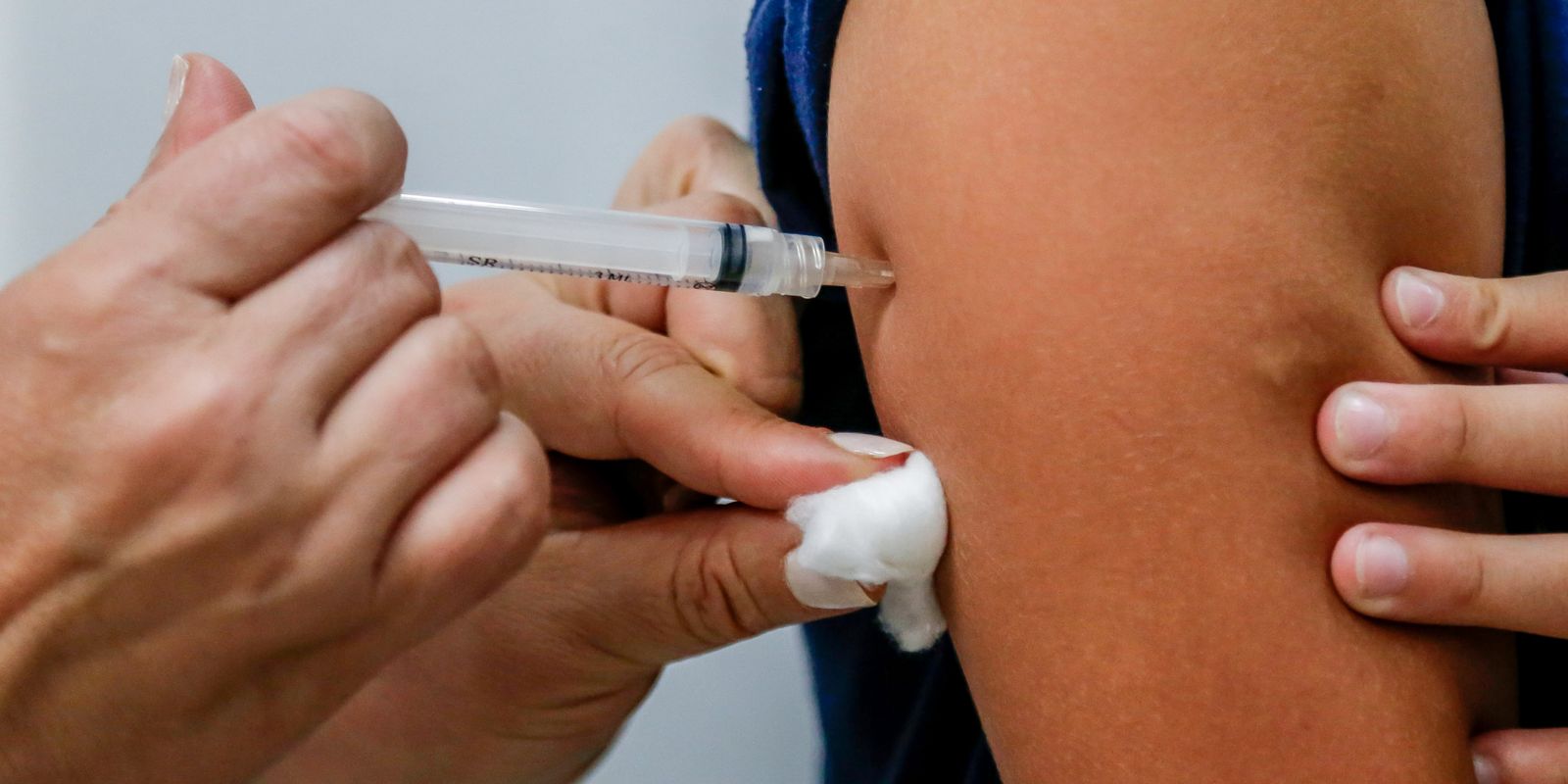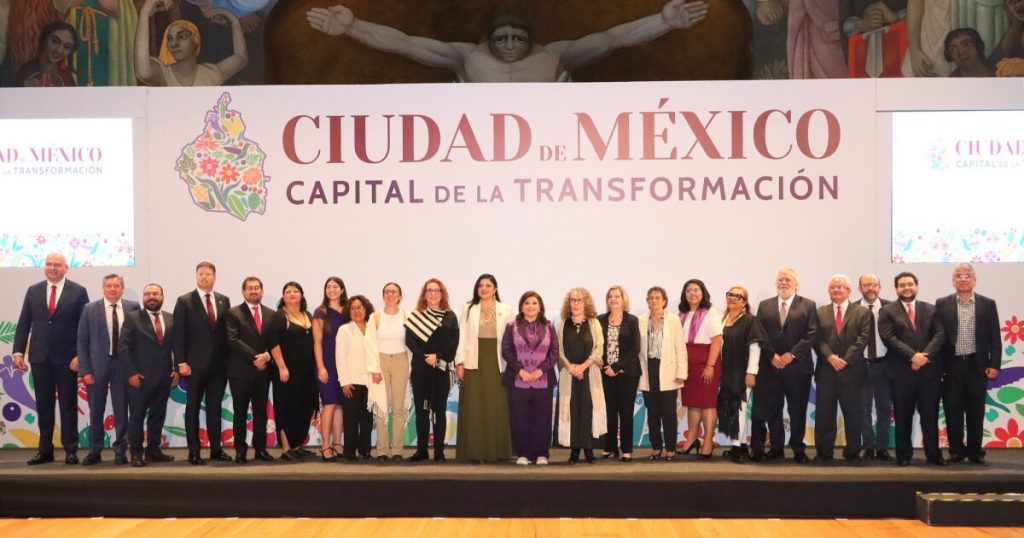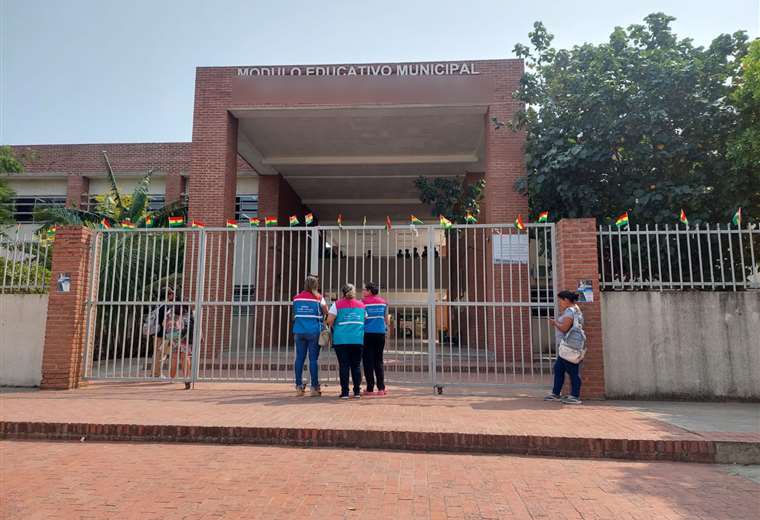Since the first global emergency caused by mpox, 2 years ago, the Vaccine Technology Center of the Federal University of Minas Gerais (UFMG) has been developing a Brazilian vaccine capable of preventing infection. In a statement, the Ministry of Science, Technology and Innovation (MCTI) reported that the initiative is one of the priorities of the Virus Network, a committee of virology experts created to develop diagnostics, treatments, vaccines and content production on emerging viruses in Brazil.
On the 14th, the Director-General of the World Health Organization (WHO), Tedros Adhanom, declared a public health emergency of international concern due to the increase in cases and the emergence of a new variant on the African continent. Data from the Ministry of Health indicate that, this year, 709 cases of the disease were identified in Brazil, none of which, to date, were caused by the new variant.
According to the MCTI, in 2022 the United States National Institute of Health donated material known as the mpox virus seed to UFMG, a kind of starting point for the development of the active pharmaceutical ingredient (API), the raw material used in the production of the immunizer.
“At the moment, the research is in the study phase for increasing production, verifying the obtaining of raw materials to meet demand on a large scale,” the ministry reported.
The Brazilian dose, according to the ministry, is composed of a virus similar to mpox, attenuated through passages in a different host, until it completely loses the ability to multiply in mammalian hosts, such as humans.
Other vaccines
According to the WHO, there are currently two vaccines available against mpox. One of them, Jynneos, produced by the Danish pharmaceutical company Bavarian Nordic, is also made from the attenuated virus and is recommended for adults, including pregnant and lactating women and people with HIV.
The second vaccine is ACAM 2000, manufactured by the North American pharmaceutical company Emergent BioSolutions, but with several contraindications, in addition to more side effects, since it is composed of the active virus, “thus becoming less safe”, according to the MCTI itself.
With the declaration of a global emergency announced by the WHO, the Ministry of Health announced that it is negotiating the purchase of 25,000 doses of Jynneos with the Pan American Health Organization (PAHO). Since 2023, when the National Health Surveillance Agency (Anvisa) approved the provisional use of the vaccine, Brazil has already received around 47,000 doses of the vaccine and administered 29,000.
















